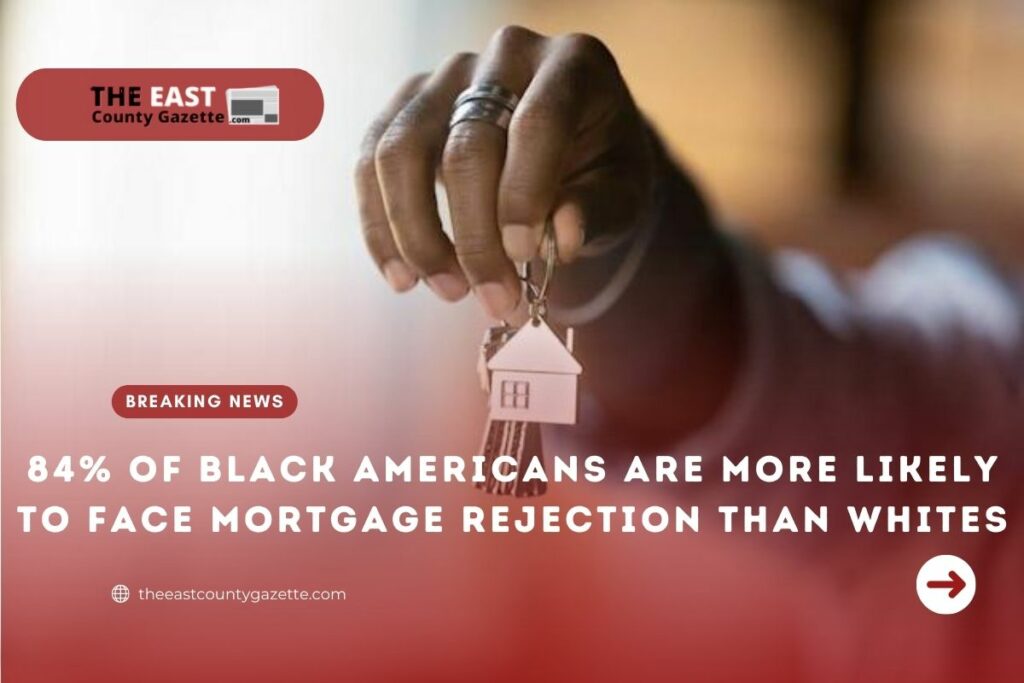It’s no secret that Black Americans have had a difficult time gaining money to buy a home since the pandemic.
According to Zillow, who conducted a study on mortgages requested by black Americans, COVID-19 is not improving the situation for African Americans.
Mortgage denial rates for Black applicants in 2020 are 84% higher than those for White applicants, according to the major online real estate firm.
According to the Blackenterprise report, Zillow derived its data for its study from the federal government under the Home Mortgage Disclosure Act.
Mortgage rejections for Black applicants rose substantially after the pandemic in 2019 from 74%.
Also, Zillow estimates that 20% of Black Americans applying for mortgages in 2020 were denied.
Among all racial and ethnic groups, the latter stat was the highest denial rate.
Meanwhile, the Zillow report shows that only 10.7% of White applicants were denied a mortgage two years ago.
Moreover, this gap occurred at the same time when many homeowners are enjoying the benefits of rising home prices.
And of course, Black Americans who do not get mortgages didn’t reap the benefits of rising home prices but the opposite.
“While credit borrowers overall are stronger now than ever, the gap in credit access is growing along racial lines,” according to Zillow economist Nicole Bachaud.
“Policies and interventions that target the barriers keeping Black Americans from homeownership are keys to achieving housing equity.”
“This accounted for over a third of all the denials reported,” according to Zillow’s analysis of housing data. Based on FDIC data, about one in seven Black households, who were unbanked, have no bank account.
“A higher prevalence of nontraditional services (payday lenders) and fewer traditional services (like banks) contributes to poor credit health of entire communities, particularly communities of color,” Bachaud explained.
Black Americans were also hit harder by the pandemic economy than most other groups.
As it stands, there is the likelihood of black Americans making recovery and saving money much more difficult.
On the other hand, for Black Americans who have bought homes, Zillow found that their home values have grown faster than those who have not.
As reported by the online real estate firm: “Black-owned homes grew in value at a rate that was 1.5 percentage points higher than the national average as of October.”

